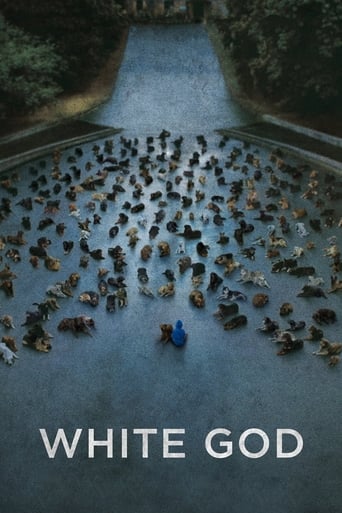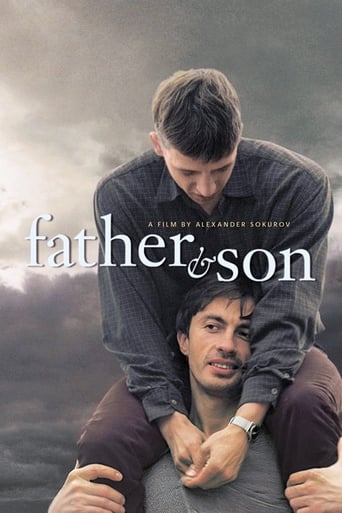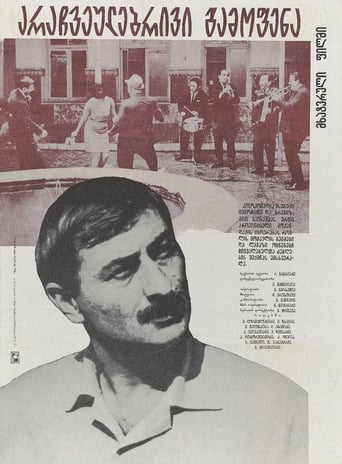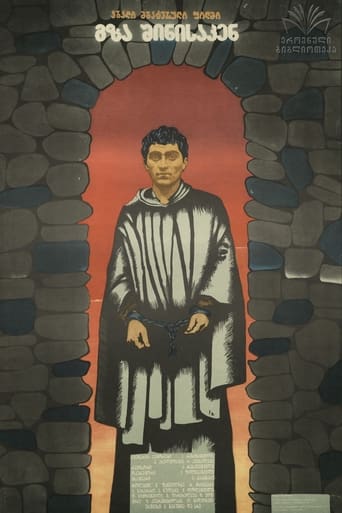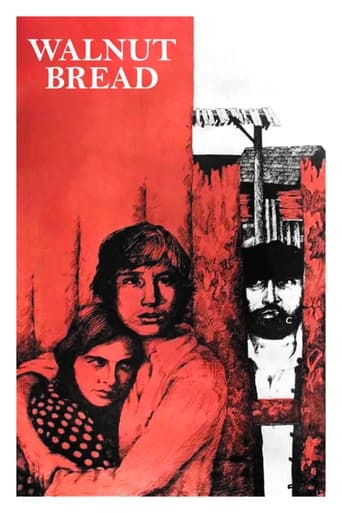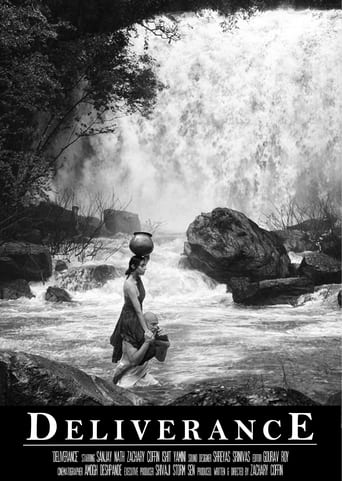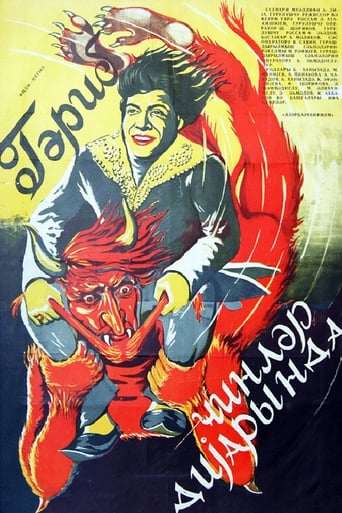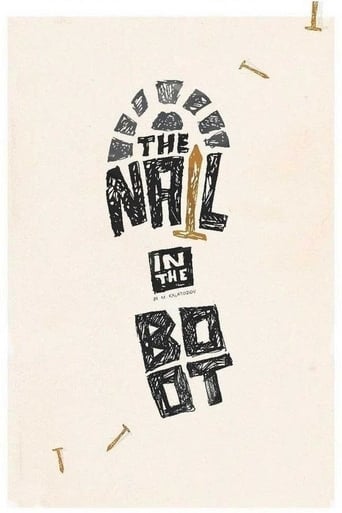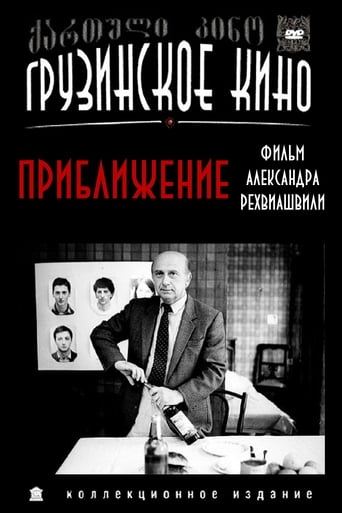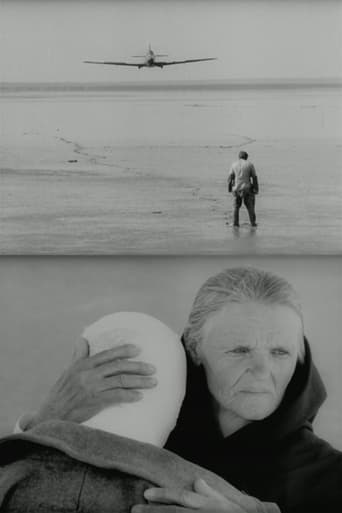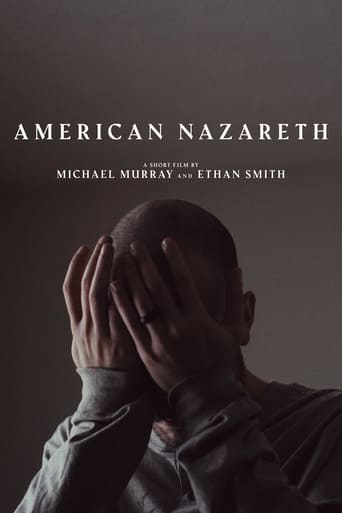The way home for Aleksandr Rekhviashvili is not charted in the conventional sense. It takes the viewer along some peculiar roads and across a unique landscape: Georgian history and legend, politics and social stratification, religion and ethics. Allusive, stylized and allegorical from beginning to end, his long-banned The Way Home is in part a tribute to Rekhviashvili’s favorite director, Pasolini, especially to The Hawks and the Sparrows (1966). Together with the short film Nutsa (1971) and the widely acclaimed Georgian Chronicle of the 19th Century (1979; SFIFF 1983), The Way Home closes a triptych of films that represent Rekhviashvili’s poetic contemplation of Georgia’s past. It makes extensive use of poems by Bella Akhmadulina (the major female poet of the cultural ‘thaw’ of the ’50s and ’60s and a Georgian by descent), and of sets by Amir Kakabadze. Like other films in the trilogy, The Way Home is stunningly photographed in black-and-white.--Oxymoron
